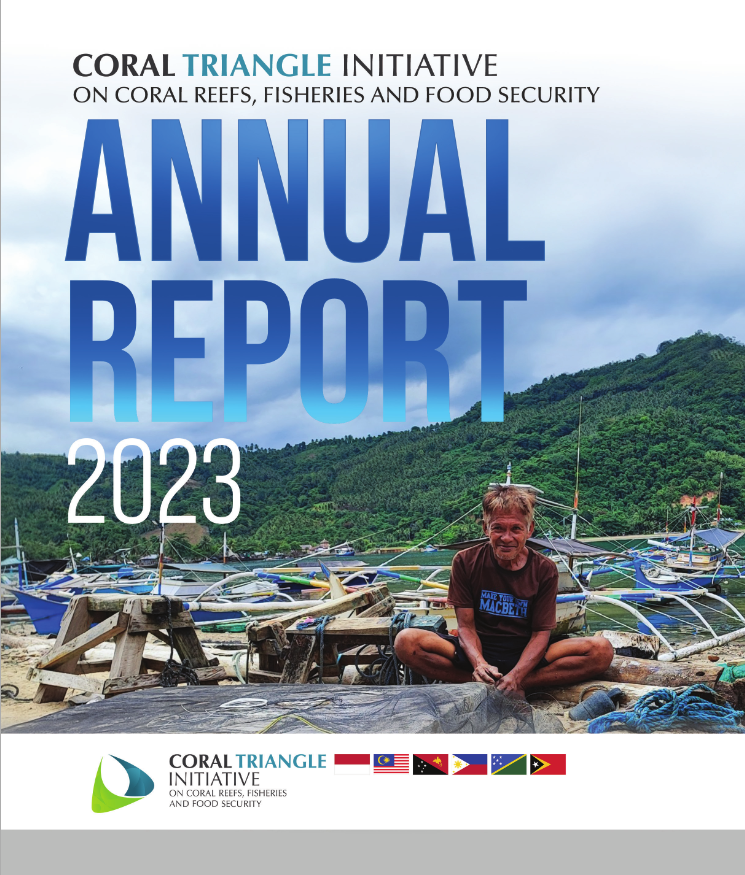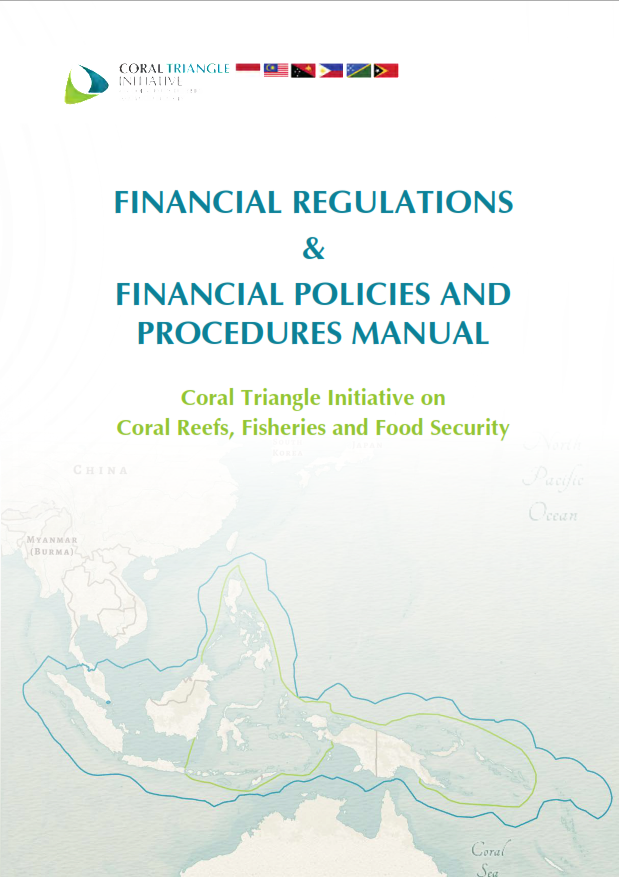CTI-CFF Establishes a Cooperation with the World’s Class University, James Cook University, Australia
CTI-CFF Establishes a Cooperation with the World’s Class University,
James Cook University, Australia
- The framework of cooperation between the Regional Secretariat of CTI-CFF and James Cook University, Australia is to strengthen, promote and develop exchanges and cooperation in the field of marine research.
Jakarta, 30 November 2016 – The Regional Secretariat of Coral Triangle Initiative on Coral Reefs, Fisheries and Food Security (CTI-CFF) seals a cooperation with James Cook University, Australia to reach the preservation of the marine environment, sustainable fisheries and food security through a framework of cooperation to strengthen, promote and develop exchange of cooperation in the field of science and marine research as outlined in the form of a Memorandum of Understanding (MoU) at Gedung Mina Bahari 4, Indonesian Ministry of Marine Affairs and Fisheries (MMAF), today.
Referred activities as agreed in the MoU include research cooperation and capacity building in the form of technical assistance to support the sustainable management of marine natural resources in the Coral Triangle.
In the perspective of Coral Triangle region, the signing of the MoU has a strategic value to increase research activities as well as skills capacity of Human Resources in the field of marine and fisheries. It is because the strategic role of University in conducting studies and applying innovations in the field of marine science and fisheries amidst emerging challenges of fast natural destruction and increasing food demand from the marine resources.
Executive Director of CTI-CFF Regional Secretariat, Widi A. Pratikto, said: "The MoU between CTI-CFF Regional Secretariat with James Cook University, Australia, in the field of science and marine research is expected to be one of the best solutions in overcoming the accelerating decline in the quality of the marine environment, challenges that arise in the world of fisheries, including food security issues with a scientific approach and capacity building of stakeholders in the 6 CTI-CFF Member States."
Activities in the research field, which based on scientific approach is aimed at advancing the sustainable management of marine resources including research on the effects of climate change, marine biogeography, biodiversity, connectivity, ecology and ecosystem resilience.
In the field of capacity building, the cooperation will focus on several activities in three (3) regions of the Coral Triangle i.e. Papua New Guinea, Timor-Leste and the Solomon Islands. This includes some efforts to increase the capacity of senior government officials, local leaders, regional coordinators, program managers, and technical staff.
Whereas, for technical assistance to strengthen the capacity of CTI-CFF Regional Secretariat is delivery of results through research, technical support, and training.
The cooperation program as outlined in the MoU and guided by the CTI-CFF Regional Plan of Action/RPOA (Regional Plan of Action) will last for 5 (five) years. During the period of the agreement, CTI-CFF is expected to align the proposed programs with the Regional Action Plan.
Prior to the agreement, the Regional Secretariat CTI-CFF also has sealed some MoUs in the framework of University Partnership with five (5) reputable universities in the field of marine and, namely IPB, Bogor, which has expertise in the field of EAFM (Ecosystem Based Fisheries Management); ITS in the field of surveillance or remote sensing on the movement of vessels that can be integrated with the VIPS (Vessel Identification and Monitoring System); UNHAS with expertise in the field of LRFFT (Live Reef Food Fish Trade); UNSRAT with expertise in the field of the CCA (Climate Change Adaptation) – all in Indonesia; and UMT (Universiti Malaysia Terengganu) with expertise in the field of Fisheries Research and Aquaculture.
"With the character of the expertise brought by the respective universities, the cooperation is expected to complement and strengthen the collective expertise which required by CTI-CFF in accelerating the implementation of programs in accordance with the Regional Action Plan (RPOA) in national level and the CTI-CFF Member States regions (sub-national)," said Widi.
Lastly, the cooperation is expected to provide scientific recommendations and solutions to the CTI-CFF in facing the challenges in achieving the objectives that have been defined in the RPOA.
James Cook University, Australia, is a comprehensive and reputable University in the world that focuses on the activities of teaching, research, and scientific in the tropics. The teaching and research focus on four (4) major themes: Tropical Ecosystems and Environment; Industry and Economics at the Tropical Region; People and Communities in the Tropical Region; and Health, Treatment, and Biosecurity at the Tropical Region.
-end -



